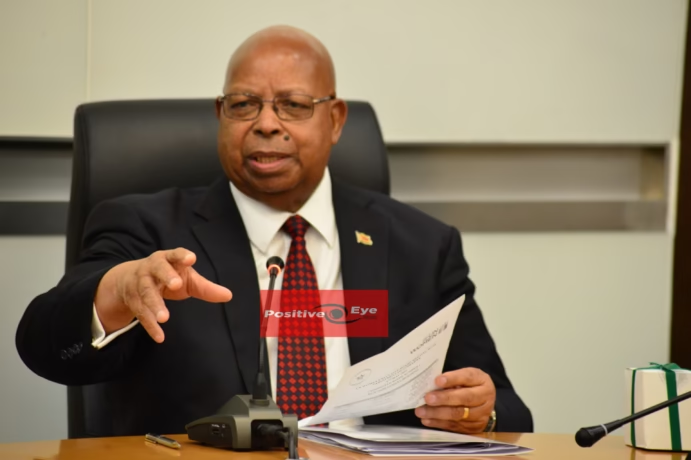
As Zimbabwe works toward its Vision 2030 goal of becoming an upper-middle-income economy, citizens are being called to play a pivotal role in maintaining a clean and healthy environment. The persistent issues of littering, blocked drainages, and waste mismanagement—aggravated by street vendors littering urban areas—present serious challenges. However, the National Clean-Up Campaign, led by the President and supported by the First Lady, offers a crucial opportunity for Zimbabweans to take action.
Held on the first Friday of every month, this campaign encourages individuals to clean their communities, helping to prevent the public health and environmental hazards caused by poor waste disposal. Littering, especially in cities, not only tarnishes the beauty of urban areas but also contributes to the clogging of drainage systems, leading to flooding and disease outbreaks.
Vendors, while providing essential goods and services to city dwellers, are urged to take responsibility for the waste they generate. Proper disposal of their trash is critical to complement the efforts of city councils, who are working tirelessly to clean the streets, repair burst pipes, and unblock drainages. The collaboration of citizens, vendors, and local authorities is essential to tackle these urban waste challenges effectively.
By fostering a culture of cleanliness and encouraging participation in national clean-up efforts, Zimbabwe can make significant strides toward a cleaner, healthier, and more sustainable future. Every citizen must recognize their role in ensuring that both urban and rural environments are well-maintained, thus contributing to the country’s broader development goals.




